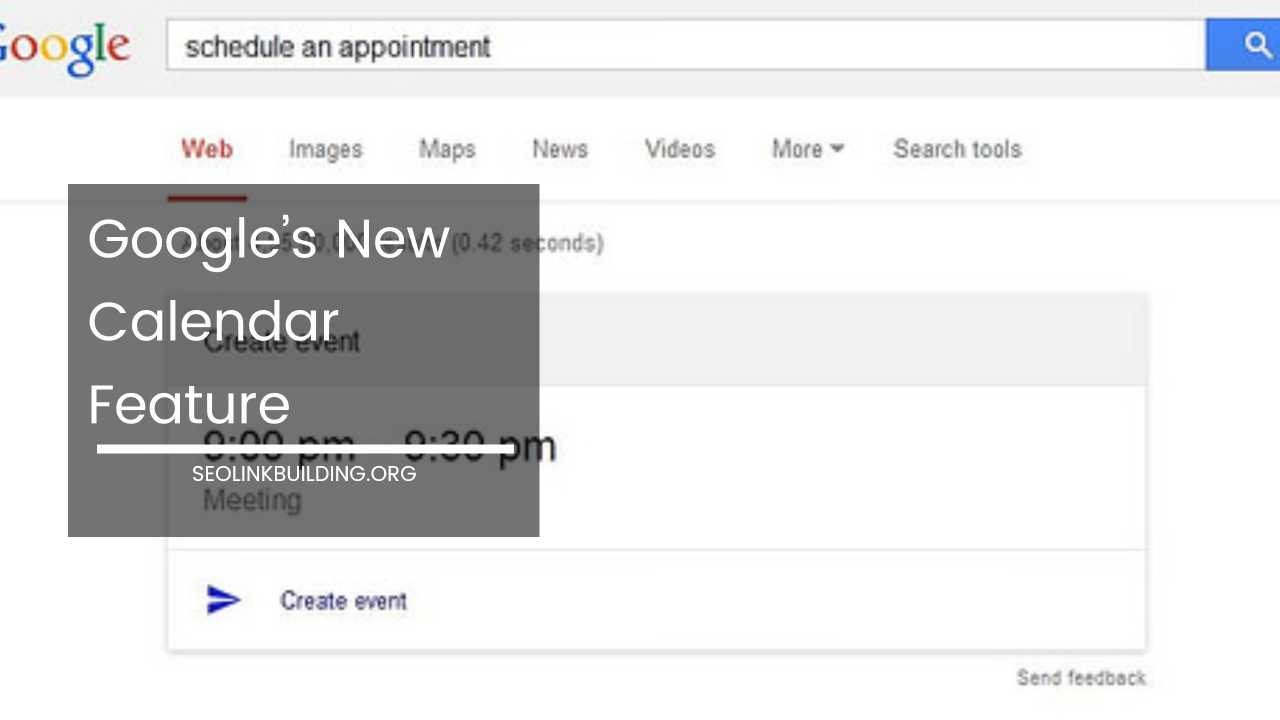Personal Branding: A Step-by-Step Guide to Standing Out Online

Personal Branding
Personal Branding: Owning Your Narrative and Building Your Future
In today’s interconnected world, your reputation precedes you. Whether you’re a seasoned professional, a budding entrepreneur, or someone just starting out, your personal brand is a powerful tool that can shape your career path and open doors to exciting opportunities. But what exactly is personal branding, and how can you cultivate a strong one?
This blog post dives deep into the world of personal branding, unpacking its core concepts, benefits, and the actionable steps you can take to craft a brand that reflects your unique value proposition.
What is Personal Branding?
Personal branding is the conscious effort to define and curate your public image. It’s the story you tell the world about who you are, what you stand for, and the expertise you bring to the table. It encompasses your skills, experiences, values, personality, and the overall impression you leave on others.
Think of yourself as a brand, not unlike your favorite company. Just like companies invest in marketing and public relations, you too can cultivate a strong personal brand by strategically communicating your strengths and value proposition.
Why is Personal Branding Important?
In a competitive job market, a strong personal brand can be a game-changer. Here are some key benefits of investing in personal branding:
- Increased Visibility: A well-defined personal brand helps you stand out from the crowd. By actively showcasing your expertise and achievements, you become more visible to potential employers, collaborators, and clients.
- Enhanced Credibility: Personal branding allows you to establish yourself as a thought leader in your field. By sharing valuable insights and content, you build trust and credibility, making you a more sought-after professional.
- Attract New Opportunities: A strong personal brand can be a magnet for new opportunities. When people recognize your expertise and value, they’re more likely to reach out for collaborations, projects, or job openings.
- Career Advancement: Whether you’re seeking a promotion, a career change, or starting your own business, a strong personal brand positions you for success. It demonstrates your dedication, skills, and ambition to potential employers and clients.
- Networking Powerhouse: Personal branding fosters meaningful connections. When you actively share your story and engage with others online and offline, you build a strong network that can be a valuable asset throughout your career.
Building Your Personal Brand: A Step-by-Step Guide
Crafting a strong personal brand takes time, effort, and a touch of strategy. Here’s a step-by-step guide to help you get started:
- Self-Discovery: The first step is to understand your own unique value proposition. Ask yourself: What are my strengths and skills? What are my passions and interests? What experiences have shaped me? What kind of impact do I want to make? Reflecting on these questions will give you a solid foundation for building your brand.
- Define Your Target Audience: Who are you trying to reach with your personal brand? Are you targeting potential employers, clients, or a specific industry community? Understanding your target audience allows you to tailor your message and content to resonate with them.
- Craft Your Brand Story: Every strong brand has a compelling story. Develop a clear narrative that articulates your values, goals, and what makes you different. Use storytelling to connect with your audience on an emotional level.
- Content is King: Create high-quality content that showcases your expertise and interests. This could include blog posts, articles, social media content, videos, podcasts, or even speaking engagements. Share valuable information, insights, and experiences that establish you as a thought leader.
- Be Active and Consistent: Building a strong personal brand requires consistency. Regularly publish content, engage with your audience online and offline, participate in relevant discussions, and be a valuable resource for your community.
- Leverage Social Media: Social media platforms provide a powerful platform to build your personal brand. Choose the platforms your target audience frequents and actively engage there. Share your content, participate in discussions, and connect with relevant individuals and communities.
- Networking and Building Relationships: Personal branding isn’t just about self-promotion; it’s about building genuine connections. Attend industry events, participate in professional organizations, and connect with others who share your interests. Develop mutually beneficial relationships and collaborate with others to amplify your reach.
Authenticity is Key
While crafting a strong personal brand is important, it’s crucial to stay true to yourself. Your brand should be a reflection of your genuine personality, values, and expertise. Don’t try to be someone you’re not; people can spot inauthenticity a mile away.
Continuous Improvement
Personal branding is an ongoing process. As you grow and evolve, your brand should adapt and reflect your development.
This emphasizes the dynamic nature of personal branding. As you gain new skills, experiences, and perspectives, your brand should showcase this growth. It’s not about staying static, but rather demonstrating your continuous learning and journey.
Personal Branding: Owning Your Narrative and Building Your Future
We explored the core concept of personal branding, its benefits, and the initial steps to get you started. Now, let’s delve deeper into each stage of building your brand and explore additional strategies to refine and elevate your online presence.
Self-Discovery: Unveiling Your Unique Value Proposition
Your self-discovery journey is the bedrock of a strong personal brand. Here’s how to unlock your unique value proposition:
- Skills and Expertise: Make a comprehensive list of your hard skills (technical proficiencies) and soft skills (interpersonal and communication abilities). Identify areas where you excel and consider taking courses or certifications to further enhance your skillset.
- Passion and Interests: What sets your soul on fire? What topics and activities energize you? Consider aligning your brand with your passions to create a more authentic and engaging presence.
- Experience Inventory: Take stock of your professional and personal experiences. From past jobs and volunteer work to projects and achievements, consider how your experiences demonstrate your skills and values.
- Values Inventory: What core principles guide your life and work? Identifying your values will help you attract opportunities that align with your beliefs.
- Impact Assessment: What impact do you want to make on the world? Do you aim to inspire others, solve a specific problem, or contribute to a particular cause? Having a clear purpose will add depth to your brand narrative.
Crafting Exercises:
- StrengthsFinder: Consider taking the StrengthsFinder assessment, a popular tool for identifying your top talents.
- Passion Project: Explore a passion project that sparks your joy and demonstrates your creative side.
- Experience Portfolio: Create a portfolio or website showcasing your past projects, achievements, and testimonials.
Target Audience: Defining Your Ideal Community
Understanding who you want to connect with is critical for crafting impactful messaging.
- Industry Research: Research your target industry, including its current trends, challenges, and key players.
- Ideal Client Profile: Develop an ideal client profile (ICP) for your freelance, consulting, or entrepreneurial goals. This helps you tailor your content and offerings to their specific needs.
- Community Identification: Identify online communities and forums where your target audience engages. This could be industry-specific social media groups, LinkedIn groups, or online publications.
Targeting Strategies:
- Industry Publications: Contribute guest articles, op-eds, or infographics to relevant publications frequented by your target audience.
- Social Media Groups: Actively participate in discussions and share your expertise in relevant social media groups.
- Industry Events: Attend conferences, workshops, and networking events to connect with potential clients, collaborators, and industry leaders.
Crafting Your Brand Story: The Power of Narrative
In today’s crowded online space, compelling storytelling sets you apart.
- Developing Your Narrative Arc: Structure your personal brand story with a clear beginning, middle, and end. Highlight a challenge you overcame, a skill you developed, or an accomplishment that showcases your journey and expertise.
- Emotional Connection: Connect with your audience on a deeper level by weaving personal anecdotes, relatable experiences, and inspiring messages into your narrative.
- Visual Storytelling: Consider using visuals like infographics, images, or even short videos to enhance your story and make it more engaging.
Storytelling Resources:
- Storytelling Books: Explore books like “Made to Stick” by Chip Heath and Dan Heath or “Story Brand” by Donald Miller to learn how to craft compelling narratives.
- Storytelling Workshops: Attend workshops or online courses designed to help you develop your storytelling skills.
- Personal Branding Case Studies: Research case studies of successful personal brands to see how they use storytelling to resonate with their audience.
Stay tuned for the next part of this blog post, where we’ll delve into content creation strategies, leveraging social media, building relationships, and maintaining brand consistency for long-term success. We’ll also explore the importance of ethical personal branding and managing your online reputation.













